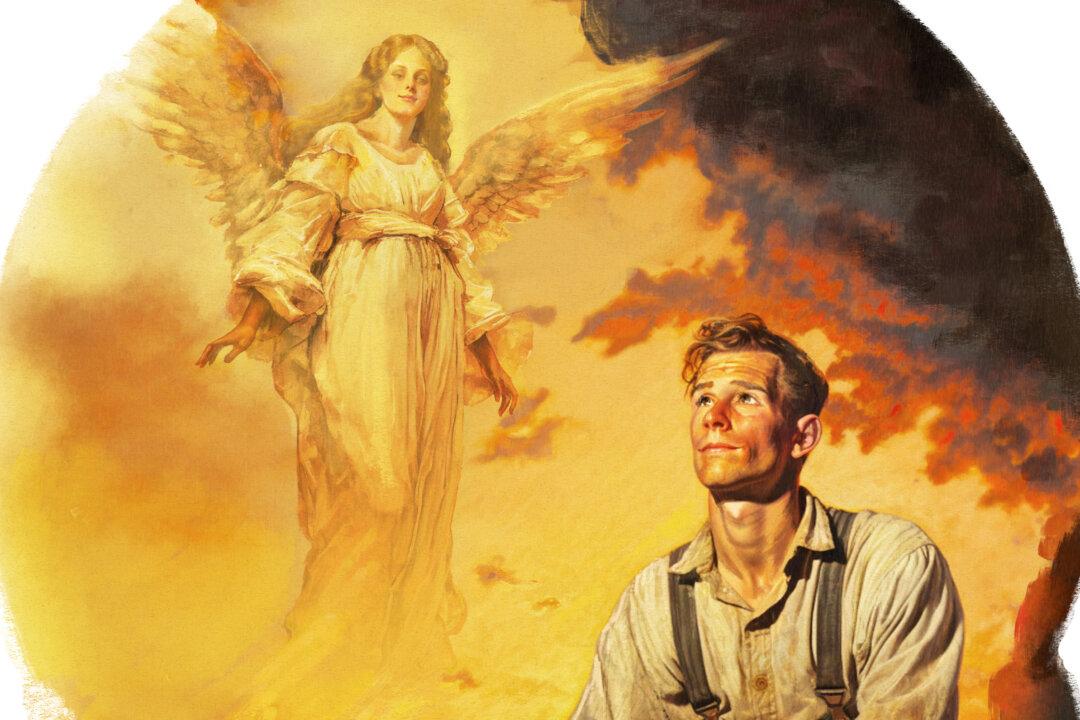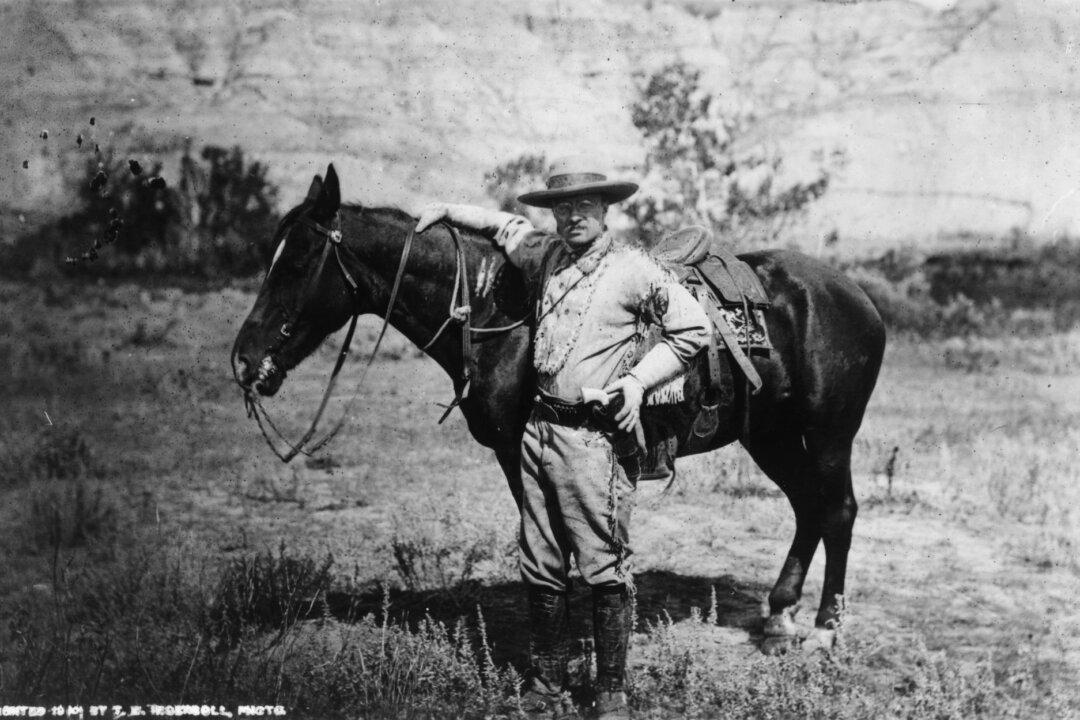In life, we often find ourselves navigating through challenging moments that test our strength and resilience. Yet this simple proverb, whispered through the ages, offers solace and a glimmer of hope: “It’s always darkest before the dawn.”
These days, a lot of things may be getting us down, whether it be politics, the state of the world, family troubles, or health woes. However, what is encouraging about proverbs is that they have stood the test of time, usually for centuries, so they often contain profound truth.





